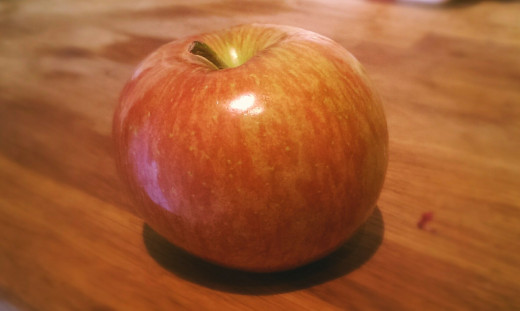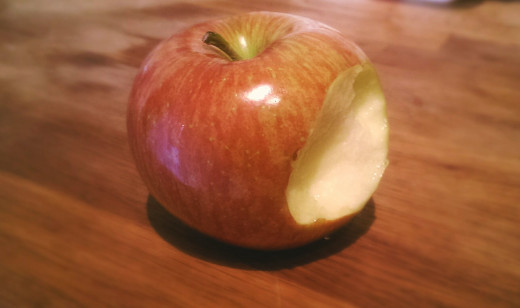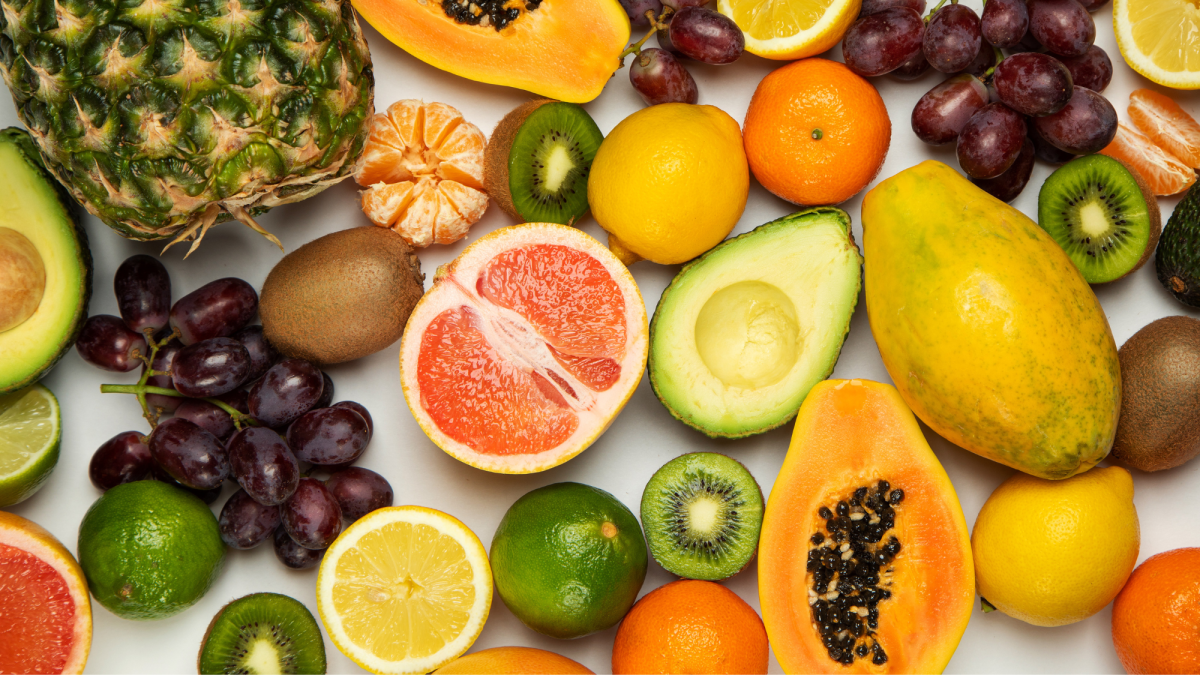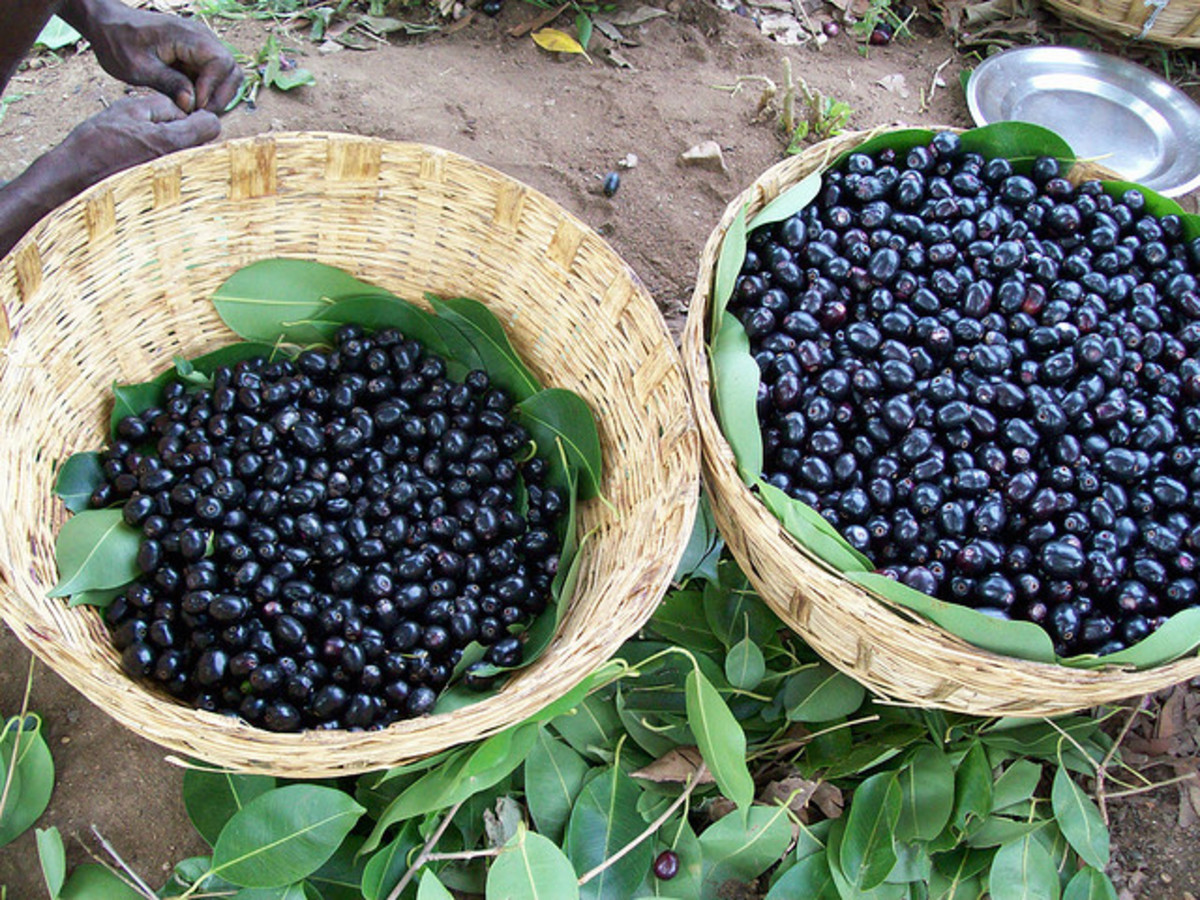What Makes Apples Good For Your Health?
Apples: A Beloved and Popular Fruit
Did you know that throughout the world, 7,500 varieties of apples are grown? Popular varieties of apples such as Red Delicious, Pink Lady, Gala, Golden Delicious, and Granny Smith line the shelves of produce departments across the United States. Other specialty varieties may be more likely found closer to where they are grown; such as the delicious, large Envy apples that are grown in Washington State.
However, only a fraction of this variety is grown and sold commercially; around 100 out of the 7,500 possible. Those that are sold commercially hold a shining place as a top selling fruit in markets across the United States. Even so, the average American eats only 17 pounds of apples per year. This may sound like a lot, but it is far from an apple a day.
Research suggests that an apple a day is exactly what the average individual should be aiming to eat. But why?
The soluble fibers, antioxidants, vitamins and minerals found in apples provide potent health benefits worthy of our consideration when aiming to eat a nutritious, wellness-promoting diet.
This article will discuss:
- Soluble fibers and how they interact with phytochemicals
- The findings of a wide range of studies regarding apple consumption and disease prevention
- The role of antioxidants in restricting cancer cell proliferation
- The nutritional functions of the vitamins and minerals found in apples
One Apple A Day, A Healthy Snack Option

The Importance of Soluble Fiber
What is soluble fiber?
- Soluble fiber comes from plants and is a carbohydrate that cannot be broken down and absorbed during digestion.
- Soluble fiber attracts water, turning to gel during digestion and in turn slowing down digestion.
- Consuming soluble fiber can have a positive regulatory effect on glucose and blood cholesterol levels.
The cell walls and tissues in apples contain high levels of the soluble fiber called pectin. Certain stone fruits, citrus fruits, berries and grapes all contain pectin as well.
Since pectin is not broken down and absorbed during the digestion process, it's gel-like substance acts to slow digestion, helping to lessen the absorption of glucose, block the absorption of cholesterol, and keep the individual feeling satiated longer.
Dr. Mercola, an holistic osteopathic physician and writer, stresses the importance of eating the whole, fresh apple.
He asserts that benefits such as lowered cholesterol and cardiovascular health result from the interaction between the soluble fiber pectin and other phytochemicals in the apple.
The reported health benefits of apples as linked to soluble fiber makes for a lengthy list:
- Weight control (feel satiated)
- Help calm Irritable Bowel Syndrome
- Alleviate hemorrhoids
- Prevent gallstones
- Lessen risk of diabetes
- And more...
Fresh and Organic Apples Are Best

Antioxidants and Phytochemicals
What are antioxidants?
- Antioxidants are compounds found in certain foods that have the ability to negate free radicals in the body that might target and destroy biomolecules such a proteins, DNA and lipids.
What are phytochemicals?
- Phytochemicals are compounds found in plants that are non-nutrient and play a significant part in protecting the plant against oxidation.
The peels of red apples contain quercetin, an antioxidant linked to immune support, improved lung function, and preventing chronic inflammation.
Other antioxidants and phytochemicals found in apple peels include, but are not limited to catechin, phenolics, flavonoids and carotenoids.
A study conducted by the French National Institute for Health and Medical Research reports that antioxidants called procyanidins, found in apples, are linked to cancer cell death.
Apples have very high levels of free phenolic antioxidant phytochemical compounds compared to other fruits. Free phenolics are more easily absorbed into the bloodstream because they are unbounded to other compounds in the apple. This means that your body can gain the more benefit, but with less work and effort.
What does this mean for health?
- Anti-growth activities against cancer cells in the liver, colon and breasts
- Lower risk of type 2 diabetes
- Decreased risk of stroke and increased cardiovascular health
- Decreased lipid oxidation
Vitamins and Minerals: Essential for Well-Being
The constitution of an apple is as follows: 10% carbohydrate, 4% vitamins and minerals, 4% dietary fiber, and 80% water.
Apples contain vitamin A, vitamin B1, B2, B3, B5, B6, & B9, vitamin C, vitamin E and vitamin K. These vitamins support immune response, cell regeneration, synthesis of hormones, blood cells, collagen and neurotransmitters, among many other vital functions.
Potassium is an important mineral and electrolyte found in apples that is necessary for maintaining a steady heart rhythm.
Consuming fresh fruits and vegetables, including apple, is an excellent way to insure that your body is receiving many of the vitamins and minerals it requires. Nourishing our bodies with the proper amount and diversity of vitamins and minerals necessitates eating a diverse diet, and remembering to not exclude important foods like herbs, spices, and bitter foods. Luckily, it can be very easy to remember to include apples in our diet.
Add Some Spice To Your Apples

Caution: Pesticides and Sugar Content
Pesticides:
- It has been reported that apples are among the most pesticide contaminated of all produce.
- It is recommended that consumers always buy organic apples grown without the use of pesticides.
- Even washing conventional apples does not remove the risks of pesticides, as the apples thin skin allows pesticides to reach the interior.
Sugar Content:
- Though an apple a day is an excellent motto, more than one may bring more sugar into your diet than desired.
- An average size apple contains 10 grams of sugar. This is nearly half of the typically recommended sugar consumption limit per day.
- It is especially recommended to limit apple juice intake, which has even more sugar per serving and none of the beneficial, sugar effect curbing fiber.
Disclaimer From Author
Disclaimer: I am not a doctor, nutritionist, or medical professional of any kind. This article is for educational purposes only and is not intended to provide health or medical advice. Please consult a medical professional regarding your health and dietary needs.
What is your favorite type of apple?
What is your favorite type of apple?
- 0% Red Delicious
- 0% Gala
- 0% Granny Smith
- 0% Golden Delicious
- 0% Jazz
- 0% Pink Lady
- 0% Other
This poll is now closed to voting.








